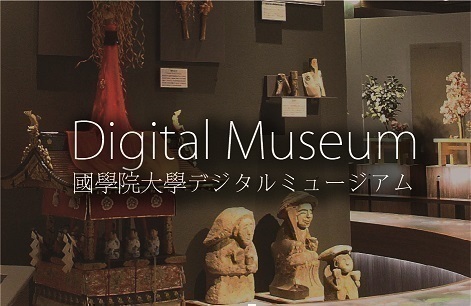- トップ
- Encyclopedia of Shinto
- Chūkō
Encyclopedia of Shinto
| Main Menu: | |
| Links: |
詳細表示 (Complete Article)
| カテゴリー1: | 7. Concepts and Doctrines |
|---|---|
| カテゴリー2: | Basic Terms |
| Title | Chūkō |
| Text | Loyalty and filiality. Chū denotes loyalty and fidelity to one's master or country, while kō denotes filiality to one's parents. Originally [in China], these two virtues were considered independent, and sometimes in contradiction one to the other, as in the saying, "If one attempts to be loyal, he fails to be filial; if one attempts to be filial, he fails to be loyal." In Japan, however, where a "view of the state" (kokkakan) as a form of familial community has been nurtured, these two virtues have come to be regarded as identical in their emphasis on fidelity. The idea of chūkō was particularly stressed by scholars of the Mito School (Mitogaku) in the late Edo Period (1600-1868). The practice of chūkō as a path of humanistic ethics can also be considered a means of expressing reverence to kami and ancestors. — Fukui Yoshihiko |




